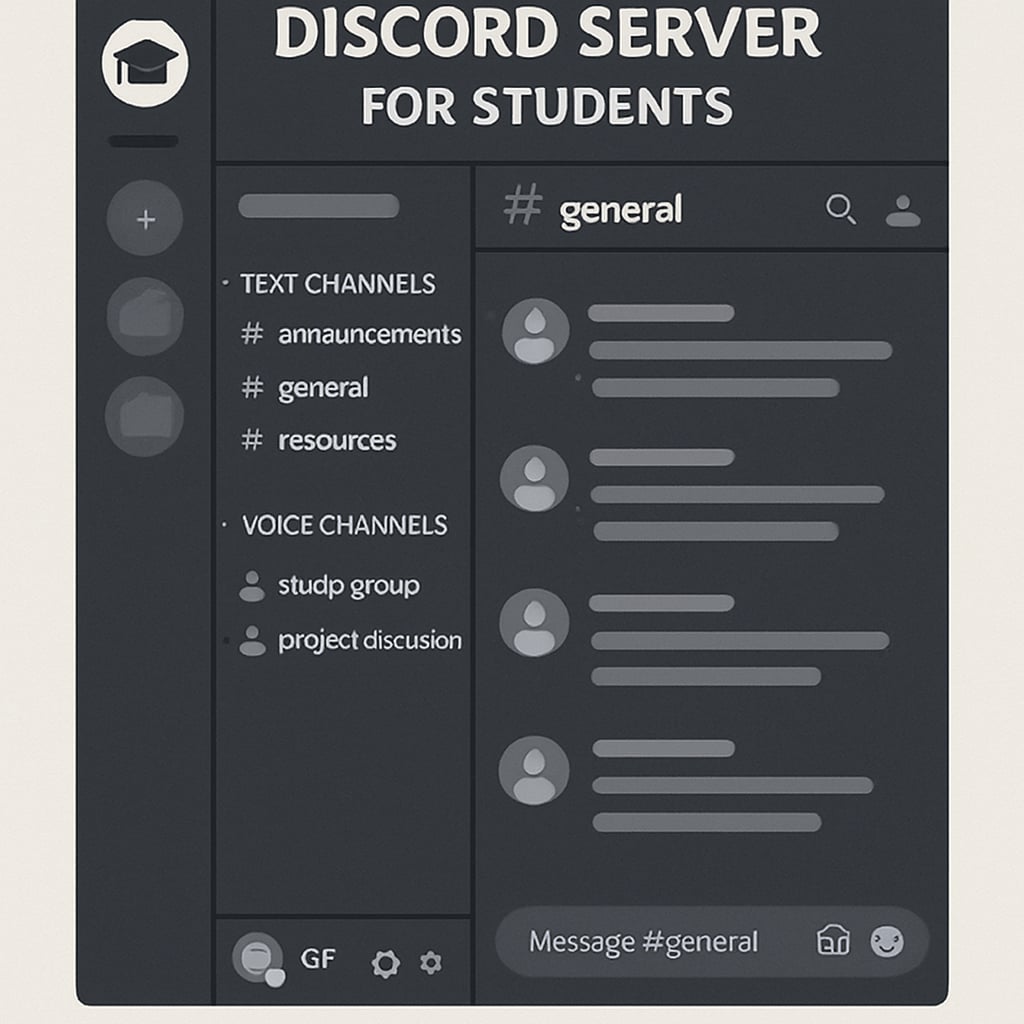Transitioning from K-12 education to higher education is a significant milestone, and finding the right academic support network is key to thriving as a student. At the University of Houston, platforms like study groups and Discord have become essential tools for students seeking to boost their academic performance. These resources not only foster collaboration but also help students navigate the challenges of university life. Whether you’re a new Cougar or a returning one, this article will guide you in discovering and building your academic support network at the University of Houston.
Why Academic Support Networks Matter
Higher education demands a different approach to learning compared to K-12 education. Students are expected to manage their time, understand complex concepts, and work independently. However, this doesn’t mean you have to go through it alone. Academic support networks, such as study groups, provide opportunities to share knowledge, clarify doubts, and develop critical thinking skills. These networks are especially important in a diverse and dynamic institution like the University of Houston, where students come from various backgrounds and bring unique perspectives to the table.
According to research, collaborative learning enhances retention and understanding of material, as students learn better when they explain concepts to others. Moreover, these networks can also alleviate stress by creating a sense of community and belonging.

Using Discord and Other Online Platforms
In today’s digital world, Discord has emerged as a popular platform for forming and managing study groups. Originally designed for gaming communities, Discord offers features like text channels, voice chats, and file sharing, making it a versatile tool for academic collaboration. At the University of Houston, many student organizations and classes have set up Discord servers where peers can discuss coursework, share resources, and even organize virtual study sessions.
Here are some benefits of using Discord for academic purposes:
- Real-time communication: Instant messaging and voice channels help bridge communication gaps.
- Organized structure: Channels can be dedicated to specific topics, assignments, or projects.
- Accessibility: Students can participate from anywhere, making it easier to stay connected.
To find Discord communities at the University of Houston, start by asking classmates or professors if they know of any existing servers. You can also check student organization websites or social media for links to join. Don’t see a server for your course? Consider creating one and inviting your classmates!

How to Start or Join a Study Group
While Discord is a fantastic online tool, in-person study groups remain a tried-and-true method for collaborative learning. Here’s how you can start or join a study group at the University of Houston:
- Leverage your classes: Talk to your peers during class or labs. Many students are eager to form groups but might hesitate to take the first step.
- Use campus resources: The university’s library often has bulletin boards or digital platforms where students can post study group invitations.
- Join student organizations: Academic clubs and professional societies frequently organize group study sessions or tutoring events.
- Be proactive: If you’re struggling with a topic, ask your professor or teaching assistant if they can connect you with classmates who might be interested in studying together.
Remember, the key to a successful study group is setting clear goals and expectations. Choose a regular meeting time, assign topics, and ensure everyone contributes equally.
Tips for Maintaining a Productive Support Network
Once you’ve joined or created a study group, it’s important to maintain its productivity. Here are some strategies:
- Set an agenda: Before each meeting, decide on the topics to cover to keep the group focused.
- Respect time: Start and end meetings on time to accommodate everyone’s schedules.
- Encourage active participation: Ensure every member feels comfortable sharing their insights and questions.
- Use technology: Keep your group organized with tools like Google Drive for file sharing or Trello for task management.
By fostering a positive and inclusive environment, your study group can become a valuable part of your academic journey.
In conclusion, building an academic support network at the University of Houston requires effort, but the benefits are well worth it. Whether you prefer in-person study groups, online platforms like Discord, or a combination of both, the opportunities to connect with peers are abundant. Take the initiative, and you’ll soon find yourself supported by a community that shares your academic goals.


